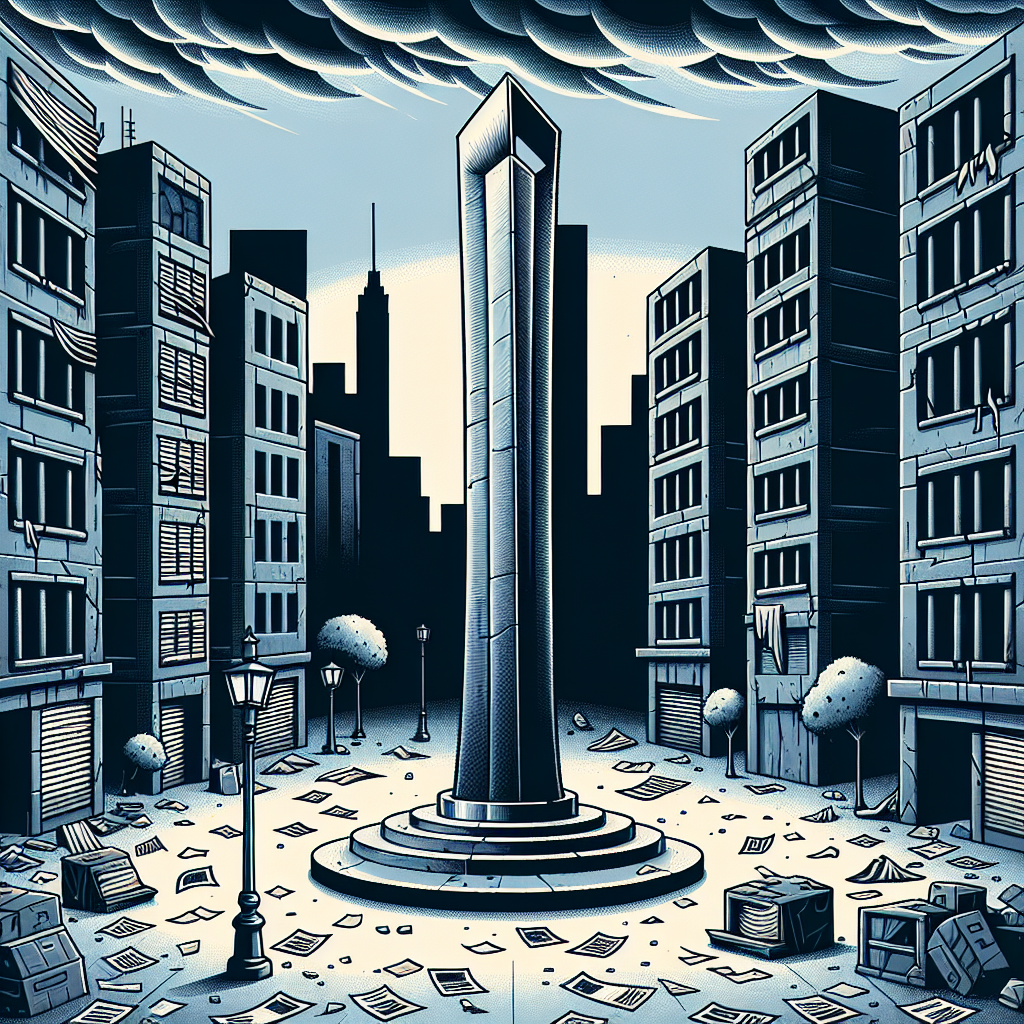Bangladesh Unrest: A Month After Hasina's Ouster
Thousands rallied in Bangladesh to mark a month since ex-Prime Minister Hasina's ousting. Fueled by student-led protests over job quotas, the uprising led to over 600 deaths. An interim government aims to restore order, despite ongoing violence. Amid the turmoil, tensions between religious and political factions continue to rise.

- Country:
- Bangladesh
Thousands of students and citizens took to the streets of Bangladesh's capital on Thursday to mark one month since former Prime Minister Sheikh Hasina was ousted by a mass uprising, initially sparked by student protests over a quota system for government jobs.
Sheikh Hasina fled to India on August 5 following weeks of violent clashes that left more than 600 people dead, including many students. The uprising, which ended Hasina's long-standing 15-year rule, followed an election boycotted by major opposition parties over concerns about the electoral process's credibility.
Angry demonstrators chanted slogans such as "Where is Hasina? Bury her, bury her!" and "Hasina-Modi, warning, be careful!" The chants targeted India's Prime Minister Narendra Modi, a known ally of Hasina, highlighting the protesters' disdain for India's perceived dominance and its sheltering of the ousted leader.
The central procession, dubbed a "shaheedi march" or "procession for the martyrs," began at Dhaka University and moved through various city streets. Participants waved many Bangladeshi flags, with some carrying a large Palestinian flag.
Tens of thousands participated in rallies across the nation, including thousands of school and madrasah students in Dhaka's Uttara neighborhood, who carried banners and chanted anti-Hasina slogans. Amid the return to normalcy, Bangladesh faces challenges such as a struggling economy, managed by an interim administration led by Nobel laureate Muhammad Yunus. His government focuses on establishing law and order to stabilize the nation.
Yunus' administration is working to reorganize police, bureaucracy, and state institutions amid ongoing reports of violence and unrest. In addition, recent street protests by garment workers forced factory shutdowns, although operations resumed on Thursday under heightened security.
Meanwhile, a young Hindu man named Sri Utso was attacked by a Muslim mob in the Khulna region for allegedly posting derogatory remarks about the Prophet Muhammad. Though early reports claimed his death, the military later confirmed he survived and is receiving medical treatment.
(With inputs from agencies.)
ALSO READ
IYDF and Vikon Exports Bring Hope to Underprivileged Students in Calicut
Delhi University Admissions: Over 74,000 Students Secure Seats for 2024-25
IYDF and Shri Sai Multi Services Bring Joy and Support to Underprivileged Students
China Warns Students of Espionage Risks from 'Handsome Men and Beautiful Women'
Police swarm Georgia high school campus after it's placed on lockdown and students have been evacuated to stadium, reports AP.










